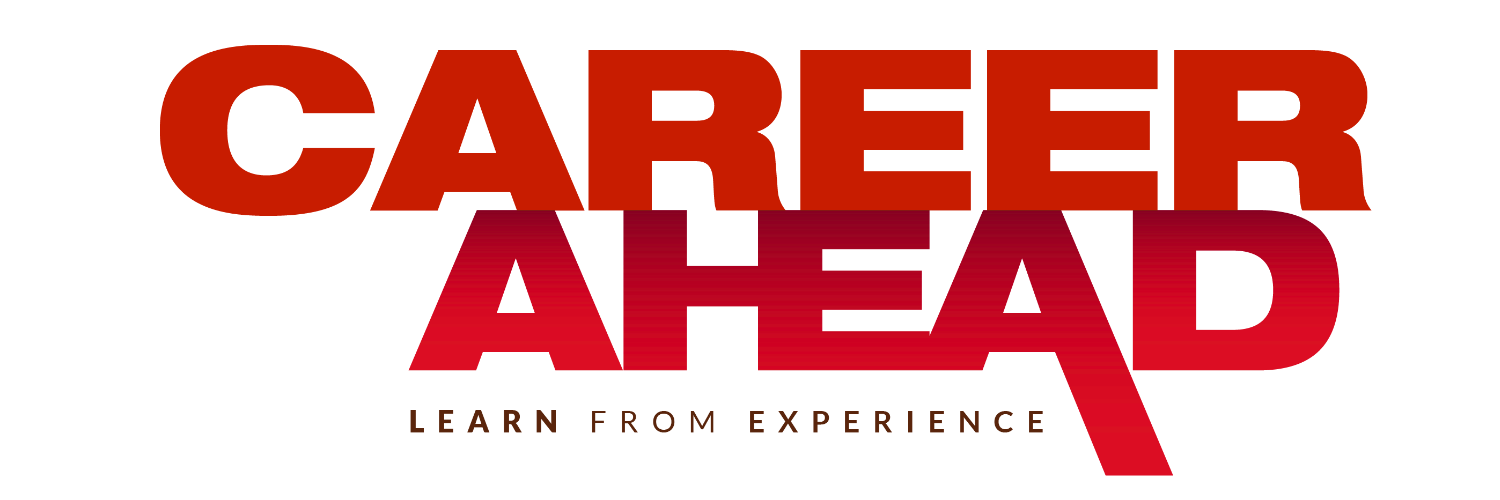No products in the cart.
Canada’s Education Earthquake: Did BC Just Slam the Door on International Students? (But Should They Have?)
Is Canada slamming the door on international students?! British Columbia's bold move to pause new applications has everyone talking. But is this good or bad news for YOU? We break down the facts, the concerns, and the potential impact on YOUR study abroad dreams!
British Columbia’s recent two-year pause on new international student applications at unestablished post-secondary institutions has dropped a bombshell on the education sector, igniting fiery debate and raising critical questions about the future of international education in Canada. While some hail it as a necessary step towards protecting students and upholding educational integrity, others express concerns about its potential impact on economic growth and educational access.
Fueling the fire are:
- Exploitative practices: A staggering 40% of international students in Canada reported negative experiences with recruitment agents according to a 2023 survey by the Canadian Bureau for International Education (CBIE). Misleading marketing and subpar educational standards have tarnished the reputation of some institutions, prompting calls for stricter regulations and oversight.
- Housing woes: The influx of international students has exacerbated existing housing shortages in major cities like Vancouver, contributing to rent increases of up to 20% in some areas. This raises concerns about student affordability and overall wellbeing.
- Labor market disconnect: A 2022 report by the C.D. Howe Institute found that 38% of international graduates were working in low-skilled jobs, potentially contributing to skills gaps and underemployment. Aligning program offerings with existing and emerging job demands is crucial to ensure a mutually beneficial system for students and the economy.
Minister Selina Robinson, B.C.’s champion for Post-Secondary Education and Future Skills, emphasizes:
- Protecting students: “Our responsibility is to safeguard international students,” she declared, highlighting the need for robust accreditation processes and comprehensive student support services.
- Enhancing quality: The pause aims to establish stricter eligibility criteria for new institutions, focusing on factors like faculty qualifications, program design, and resource availability.
- Labor market integration: By aligning program offerings with job demands, the province aims to create a more sustainable system that benefits both students and the economy.
The decision has drawn a spectrum of reactions:
- Universities Canada, representing established institutions, cautiously welcomed the move: “We look forward to collaborating to ensure a smooth transition,” noted its president, Paul Davidson.
- Private career colleges, potentially more impacted, expressed concerns: “This unfairly targets our sector,” commented Terry Lake, CEO of the Canadian Association of Private Colleges and Universities.
- International student advocacy groups applauded the focus on student welfare: “We hope this leads to concrete improvements for students,” said Jenny Woznesensky, co-founder of the Migrant Students United Network.
The global context:
B.C.’s move isn’t an isolated incident. Many countries are reevaluating their international student policies. Australia recently tightened visa requirements, while the UK grapples with similar challenges. This suggests a global shift towards prioritizing quality, student protection, and labor market alignment in international education.

Looking ahead:
The next two years will be critical for B.C. to:
- Effectively implement the changes.
- Demonstrate their positive impact on student experiences and educational quality.
- Address concerns about potential unintended consequences.
This experiment could set a precedent for other provinces and countries facing similar issues.
For young professionals considering Canada for their studies, this development underscores the importance of choosing accredited institutions with a proven track record. Do your research, compare programs, and prioritize institutions that align with your educational goals and career aspirations.
The message is clear: Quality, integrity, and student welfare are paramount in international education. British Columbia’s bold move has ignited a crucial conversation, and its impact will be closely watched by educators, policymakers, and students around the world.
Future implications:
- Policy domino effect: If successful, B.C.’s approach could inspire similar measures in other Canadian provinces and even globally, potentially reshaping international education policies worldwide.
- Rise of stricter regulations: Increased government oversight and accreditation requirements could become the norm, leading to a more controlled and potentially safer landscape for international students.
- Focus on quality over quantity: The emphasis on educational quality and labor market alignment might lead to a shift away from prioritizing sheer numbers of international students, instead favoring programs that demonstrably equip graduates for success in the Canadian job market.
Remember, this is just the beginning of the conversation. Stay tuned as British Columbia’s bold move unfolds and its long-term impact on international education emerges.
Author
-

CA News Desk is the pulsating heart of Career Ahead Magazine, dedicated to delivering cutting-edge news in career development, education, startups, and entrepreneurship. Our seasoned team of journalists and industry experts specialize in unearthing impactful stories and trends that shape the future of work and learning. We stand as a beacon for young professionals and aspiring entrepreneurs, offering insights and inspiration to navigate the evolving landscapes of modern careers and innovative business ventures. Engaging, informative, and always ahead of the curve, CA News Desk is your trusted ally in a world where knowledge equals power and opportunity.
View all posts













Hmm is anyone else having problems with the pictures on this blog loading?
I’m trying to determine if its a problem on my end or if it’s the blog.
Any feed-back would be greatly appreciated.